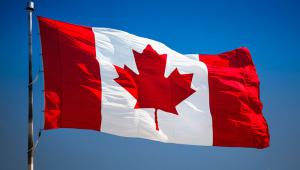The strike has crippled public hospitals across the country. The Zimbabwe Hospital Doctors Association made the announcement on Thursday just hours before public sector unions were due to meet the government.
Junior doctors walked out on 1 December complaining about the lack of drugs in hospitals and called for US dollar salaries.
The union said the government has started delivering medicines and pledged to hire more doctors and review salaries and allowances – but did not give a timeline.
It said in a statement: “Our members have begrudgingly resumed work with effect from today as dialogue continues.
“Poor remuneration and the current fuel shortage remain a threat that may spontaneously hinder our members from reporting to work daily.”
Teachers are also on strike and other civil servants have threatened action.
A civil service union said earlier this week that more public sector workers would go on strike if the government does not pay them in US dollars.
Thomas Muzondo, deputy chairman of Apex Council, which represents 16 public sector unions, said: “If they do not pay us in US dollars or an equivalent, we are going on a fully-fledged strike.”
The country is struggling with a dollar shortage, which has put the financial system into disarray and sparked public unrest.
With a lack of cash to back up the funds in bank accounts, the value of electronic money has plunged, prompting businesses and civil servants to ask for payments in US dollars that they can withdraw. US dollars is the main form of cash currency in the country.
This puts additional pressure on president Emmerson Mnangagwe, who is trying to tackle the country’s economic problems following decades of rule under Robert Mugabe, removed in late 2017 in an army coup.
The government has plans to cut the fiscal deficit by more than half to 5% of GDP this year. It has also said it would cut the wage bill to 70% of the budget from more than 90% previously.
Bringing down the wage bill is one IMF’s key demands. The fund has asked the government to put more money towards infrastructure development and health.
The government employs more than 300,000 people and spends $300m on salaries every month, according to Reuters.
Read PF International’s feature on whether state-backed digital currencies are the future and cash a thing of the past.







